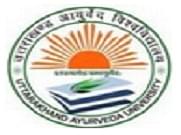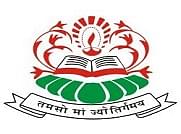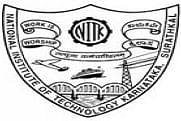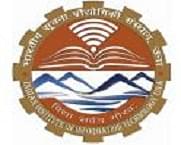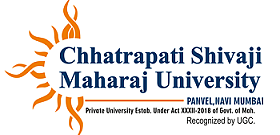Introduction
about PhD in Statistics
PhD Statistics is a rigorous and
research-intensive program aimed at developing advanced knowledge and expertise
in statistical theory, methodology, and application. The program typically
spans 4-6 years and is designed for students interested in careers in academia,
research, industry, or government. It involves a combination of coursework,
comprehensive exams, and original research leading to a dissertation.
Admission
Process for PhD in
Statistics
The admission PhD in Statistics can vary by institution, but generally includes the following steps:
- Eligibility:
Candidates typically need a Master's degree in Statistics or a related
field. Some programs may accept applicants with a strong undergraduate
background in mathematics or statistics.
- Application:
- Online Application Form:
Complete the university’s online application form.
- Transcripts:
Provide official transcripts from all post-secondary institutions
attended.
- Standardized Test Scores: GRE
scores are often required. Some programs may also require GRE subject
tests.
- Letters of Recommendation:
Usually, three letters of recommendation from academic or professional
references.
- Statement of Purpose: A
detailed essay explaining your research interests, career goals, and
reasons for pursuing a PhD in Statistics.
- Resume or CV: An
up-to-date curriculum vitae or resume highlighting academic achievements,
research experience, and relevant skills.
- Writing Samples:
Some programs may request examples of previous research or publications.
- English Proficiency: For
international students, TOEFL or IELTS scores to demonstrate English
proficiency.
- Interview: Shortlisted candidates may be invited
for an interview, either in person or via video conferencing.
- Admission Decision:
Based on the application materials and interview, the admissions committee
will make a decision. Successful candidates will receive an offer of
admission at top college in Haryana.
Syllabus of PhD in Statistics
The syllabus PhD in Statistics can vary
by university, but generally includes the following components:
Core
Courses
- Probability Theory:
Advanced concepts in probability, including measure theory, stochastic
processes, and limit theorems.
- Mathematical Statistics:
Estimation theory, hypothesis testing, asymptotic theory, and decision
theory.
- Linear Models:
Theory and application of linear regression, generalized linear models,
and mixed models.
- Bayesian Statistics:
Bayesian inference, prior distributions, and computational methods such as
Markov Chain Monte Carlo (MCMC).
- Statistical Computing:
Programming languages (e.g., R, Python), algorithms, and computational
techniques for statistical analysis.
Elective
Courses
Electives allow students to specialize in
areas of interest. Examples include:
- Time Series Analysis
- Multivariate Analysis
- Nonparametric Statistics
- Survival Analysis
- Machine Learning
- Data Mining
- Biostatistics
- Spatial Statistics
Research
and Dissertation
- Comprehensive Exams:
Written and/or oral exams to test the student’s knowledge in core areas of
statistics.
- Research Seminars:
Regular seminars where students present their research progress and
receive feedback.
- Dissertation Proposal:
Preparation and defense of a research proposal outlining the planned
dissertation work.
- Dissertation Research:
Conducting original research under the guidance of a faculty advisor.
- Dissertation Defense:
Public defense of the completed dissertation before a committee of faculty
members.
Conclusion
A PhD in Statistics equips students with the
theoretical knowledge and practical skills needed for high-level research and
professional practice in statistics. The program’s demanding curriculum,
combined with in-depth research, prepares graduates for impactful careers in
academia, industry, and beyond at top university in Haryana.






